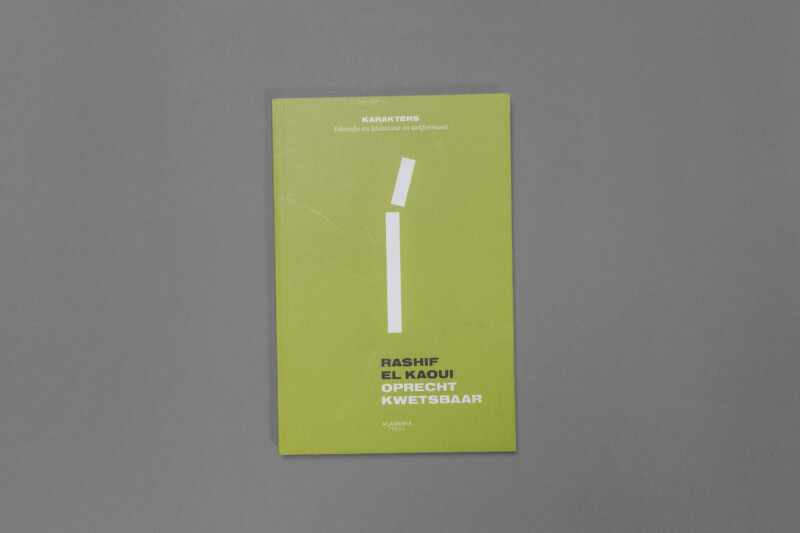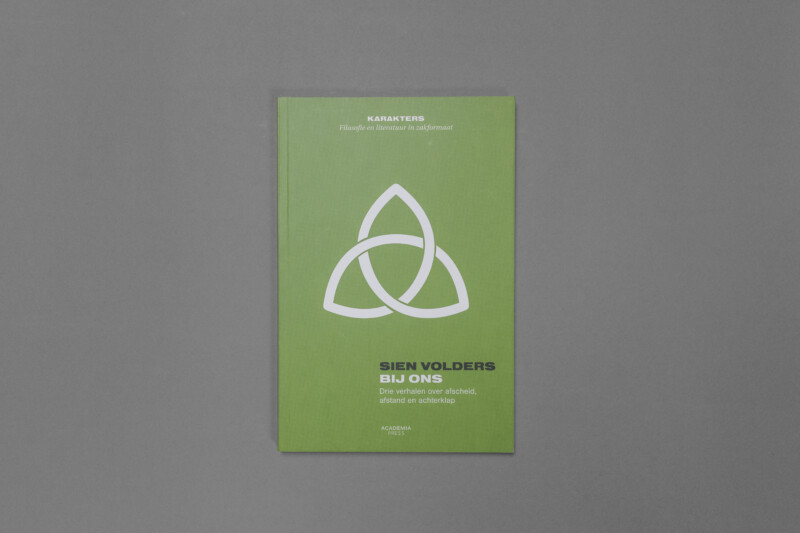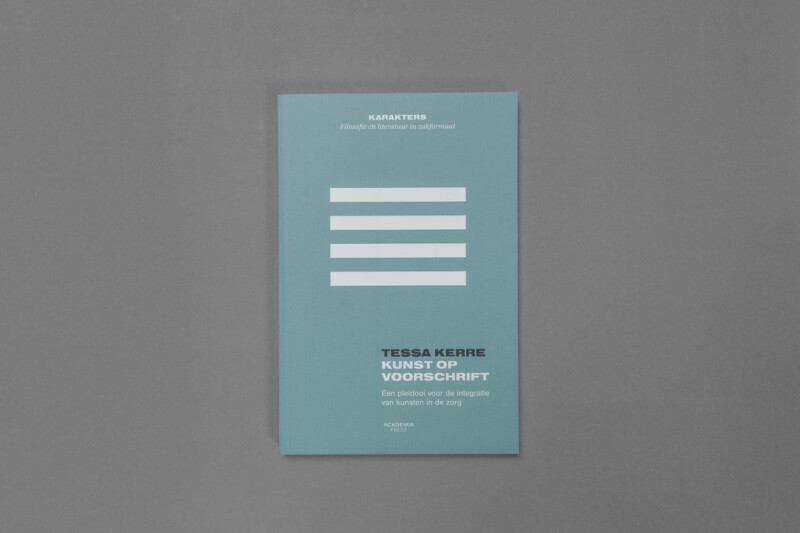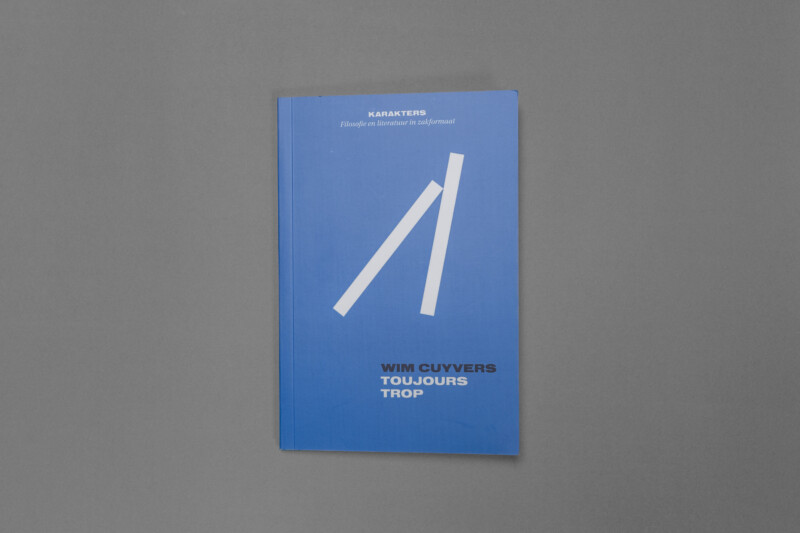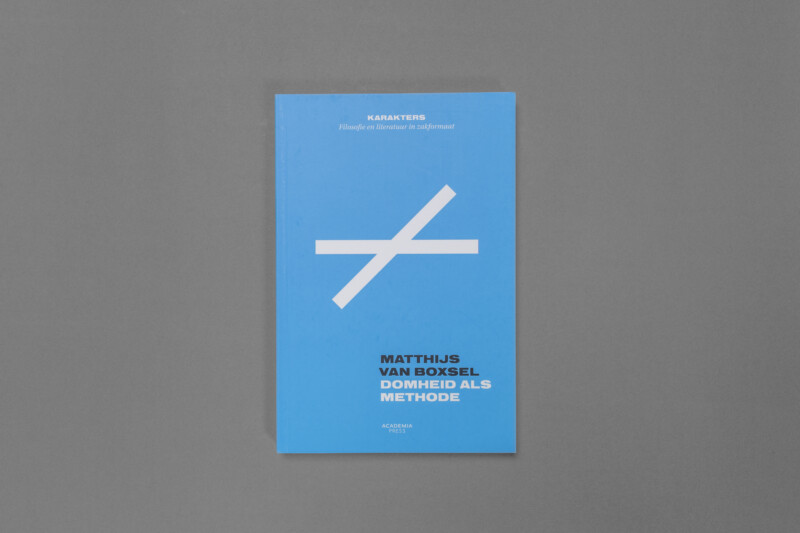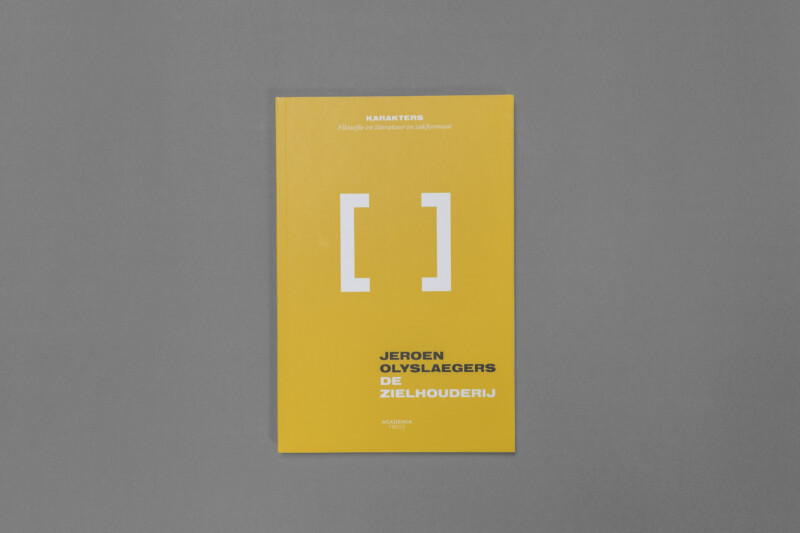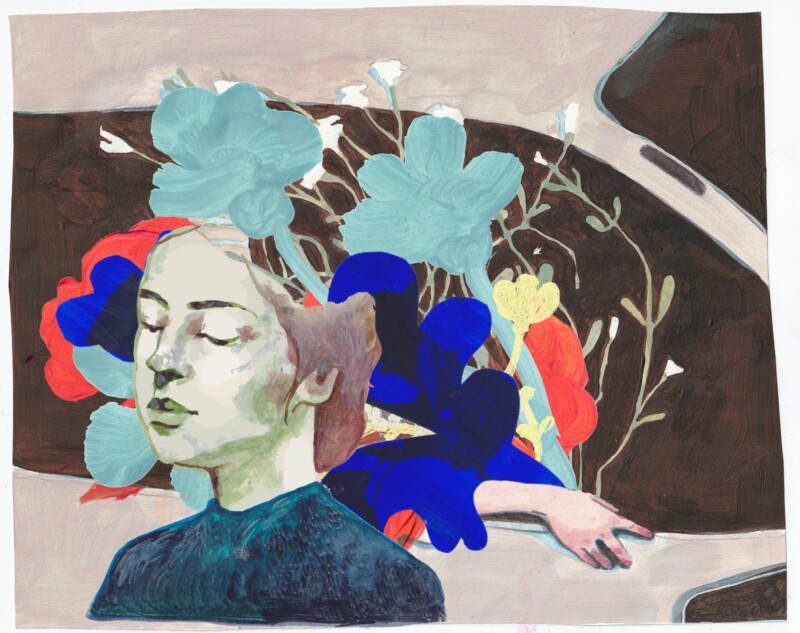
12.03.24, 19:30, Olga Byrska, Born in 1991: 30 years of ascent and decline of democracy in Poland
Those born on the verge of the regime change in Poland, grew up hand in hand with the systemic changes the country and the nation had been undergoing in the late 1980s/early 1990s. In a way, this generation embodies all the societal paradigm shifts of that time. They draw from experiences of generations before, who lived through real socialism, all the while functioning in a world of liberal democracy and economy since the get-go.
Perceived by many outside as a story of a peaceful and economically successful regime transition, pundits and public opinion in Europe are surprised by the gradual disintegration of what can be seen as an incredible achievement of Poland in the last decades. This particularly since the conservative Law and Justice party won the parliamentary and presidential elections in 2015.
Through the micro-historical and autobiographical lenses, Olga will comment on the ascent of Poland as a major Eastern European power and show domestic problems that caused this position to change. For this, she draws from her experience as a working class, queer woman going through these developments in the 1990s and 2000s. By doing this, her aim is to complicate the binary narrative of total success followed by total degradation, simultaneously acknowledging the difficult starting—or ending—point for the country at present.
After her lecture, Olga Byrska will talk with researcher Jonas Vanderschueren. Both the talk and the discussion afterwards will take place in English.
- Olga Byrska (she/her) was born in 1991 in Warsaw. She’s a historian finishing her PhD at the European University Institute in Florence. Her professional career started as a journalist, having published over 50 articles in the Polish press. Now she lives in Paris and writes also for theatre.
- Jonas Vanderschueren (he/they) is a postdoctoral fellow at KU Leuven, Faculty of Arts, Cultural Studies. They specialize in contemporary Polish theatre, performance, and culture. They recently obtained a PhD in Cultural Studies with a dissertation entitled Dissenting Bodies: Queering Polishness in Polish theatre since 2005, which investigated the artistic strategies that contemporary Polish makers have developed to resist the pressures to comply with Polish normativity, an inseparable collision between Polish nationalism and heteronormativity.
Currently, they are working on REFAM, a CELSA-funded research collaboration between KU Leuven, University of Tartu, and Jagiellonian University. They are also active as an essayist and research journalist, having contributed to Etcetera, rekto:verso, MO*, Jacobin Nederland, Dialog. Pismo, and various other media.
9000 Gent




